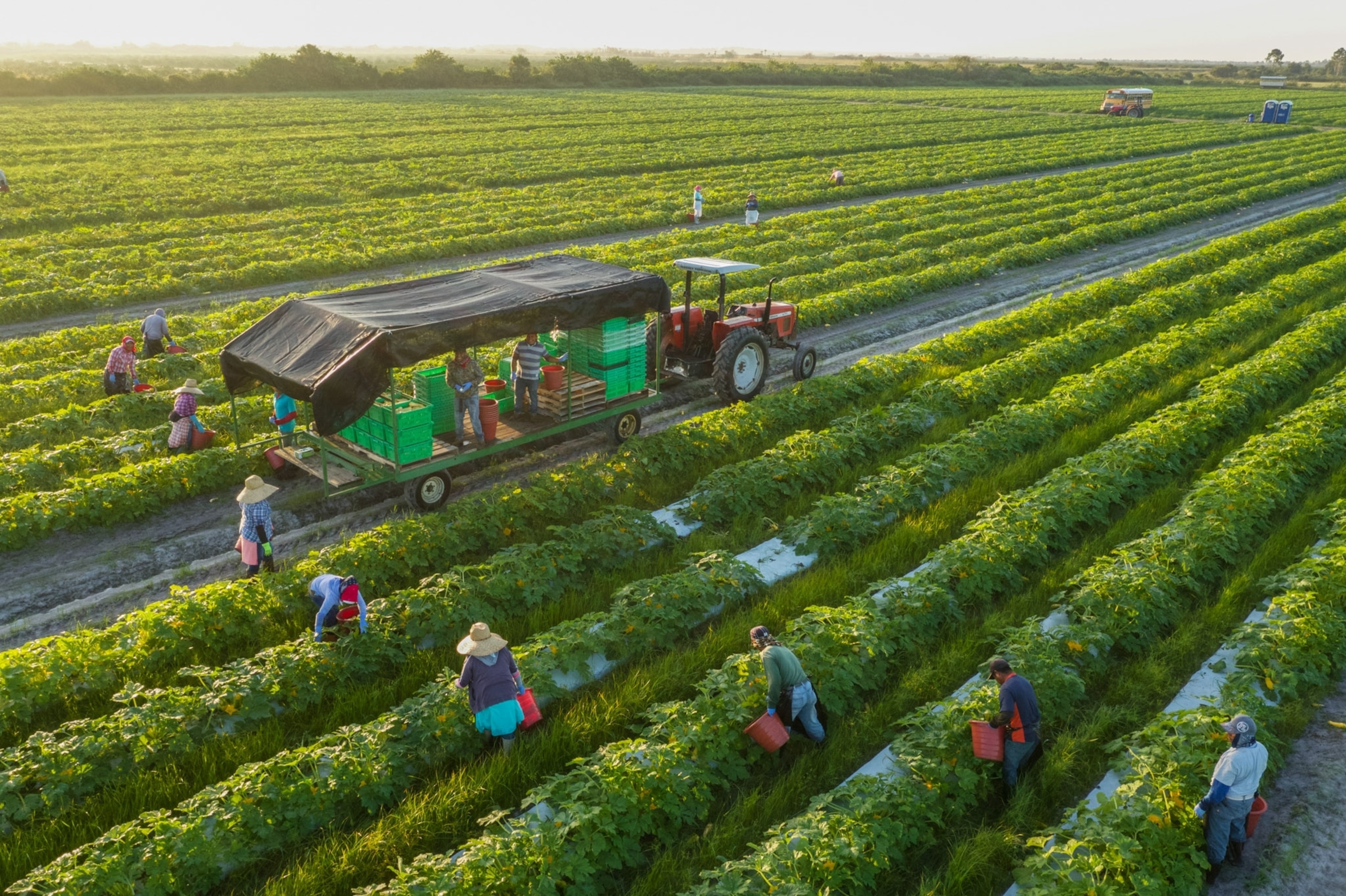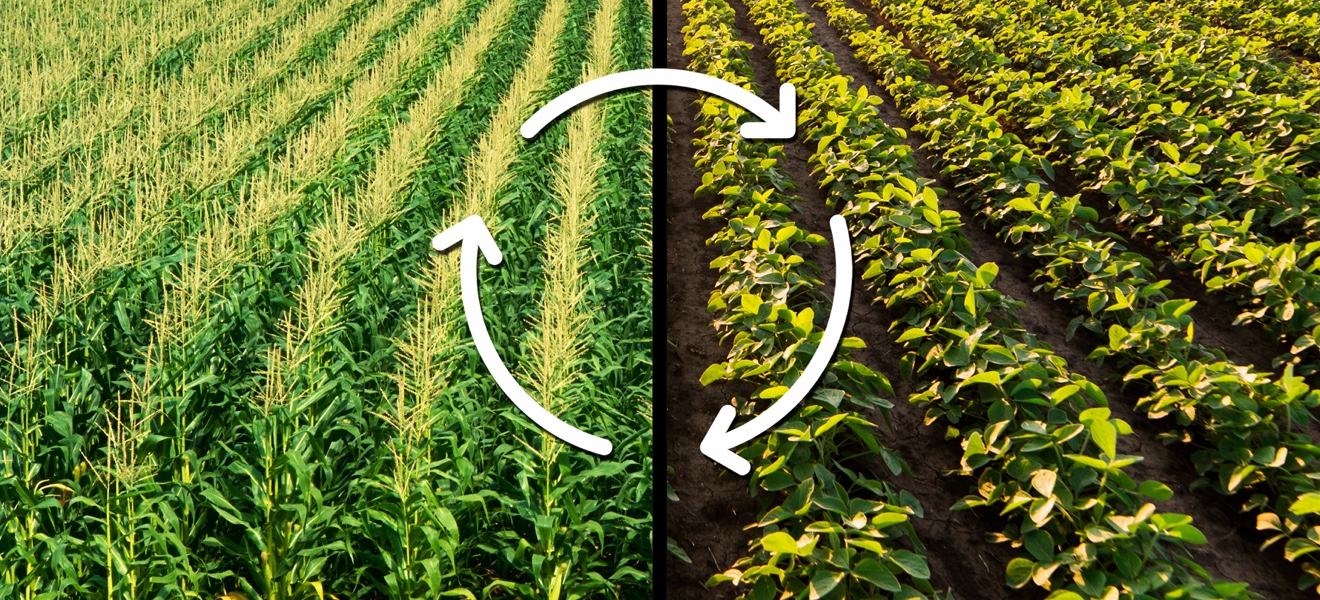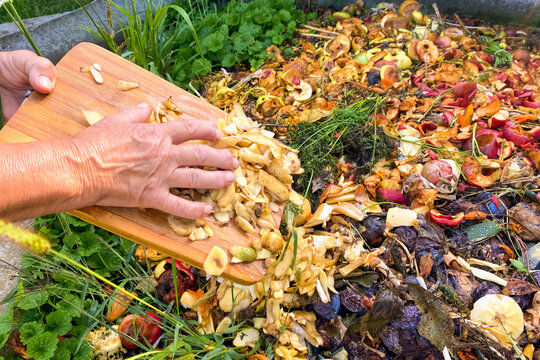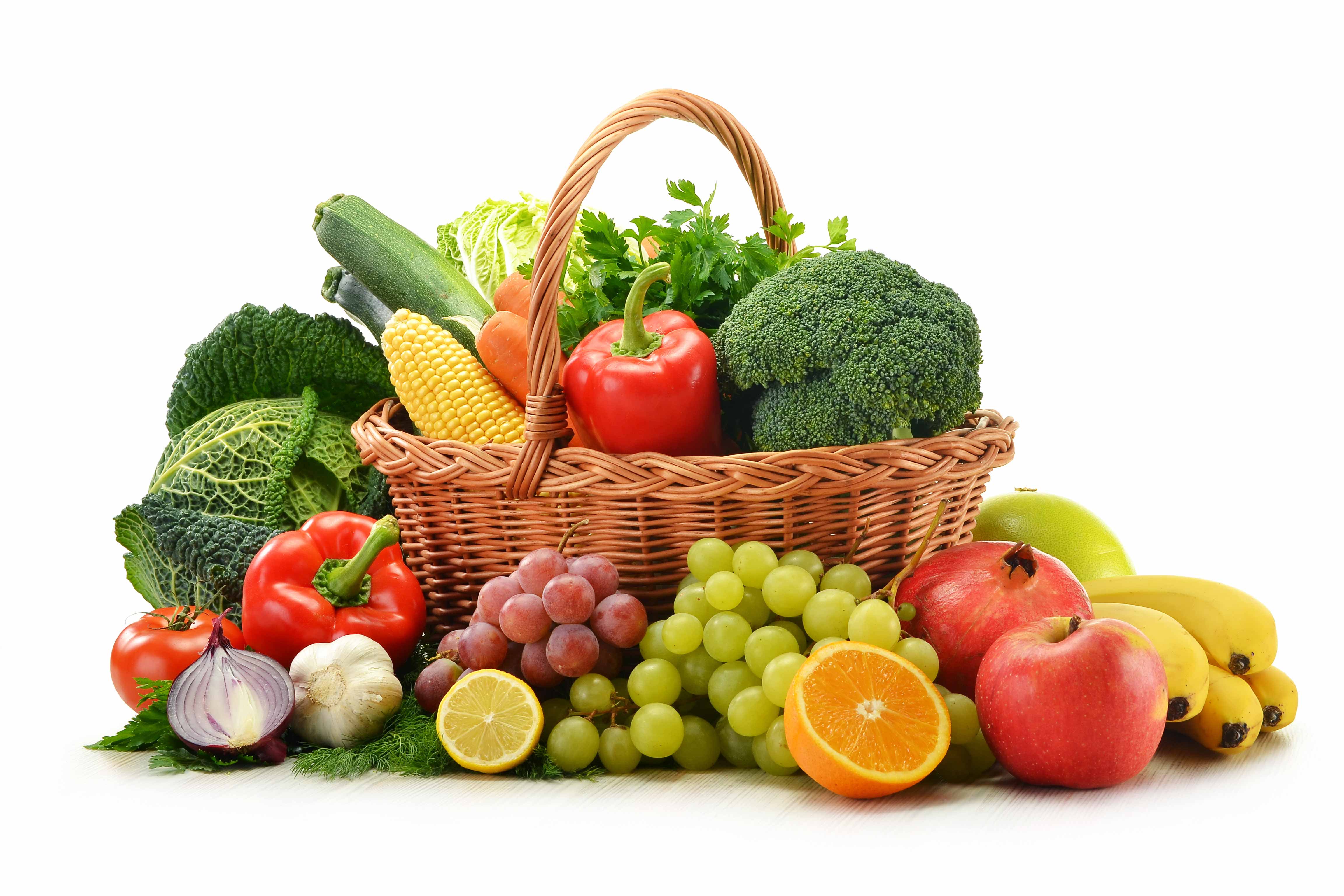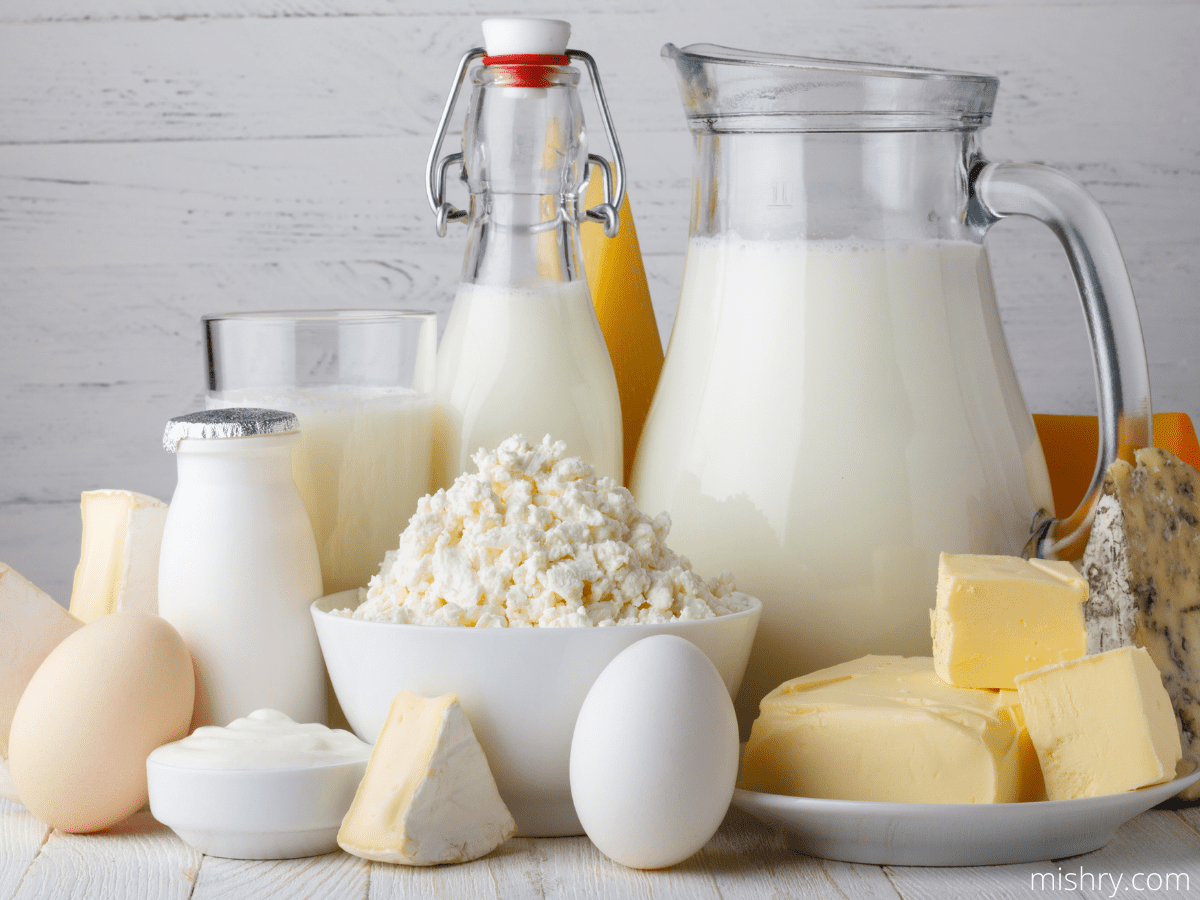Fruits and vegetables are important components of a healthy and balanced diet, and they offer numerous advantages for human health. Here are some of the benefits of consuming fruits and vegetables:
Nutrient-Dense: Fruits and vegetables are packed with essential vitamins, minerals, and other nutrients that are important for overall health and wellbeing. They are also low in calories and high in fiber, which makes them ideal for weight management.
Reduced Risk of Chronic Diseases: Consumption of fruits and vegetables is linked to reduced risk of chronic diseases such as heart disease, stroke, diabetes, and certain types of cancer. The antioxidants, phytochemicals.
And other compounds present in fruits and vegetables help protect against oxidative damage and inflammation, which are underlying causes of many chronic diseases.
Improved Digestive Health: Fruits and vegetables are rich in fiber, which promotes regular bowel movements and helps maintain a healthy digestive system. They also contain prebiotics, which are beneficial for the growth of good bacteria in the gut.
Better Skin Health: The vitamins, minerals, and antioxidants present in fruits and vegetables are essential for healthy skin. They help protect against sun damage, improve skin texture and appearance, and promote collagen production.
Boosted Immune System: Fruits and vegetables are rich in vitamin C, which helps strengthen the immune system and fight off infections. They also contain other nutrients that support immune function, such as vitamin A, vitamin E, and zinc.
Overall, consuming a variety of fruits and vegetables is crucial for maintaining good health and reducing the risk of chronic diseases. Experts recommend including at least five servings of fruits and vegetables per day in your diet.
Fruits are usually sweet and contain seeds, while vegetables are generally savory and can be leaves, roots, stems, or even flowers.
Fruits and vegetables are rich in essential nutrients such as vitamins, minerals, fiber, and antioxidants.
Eating a variety of fruits and vegetables can help reduce the risk of chronic diseases such as heart disease, stroke, diabetes, and certain types of cancer.
Fresh, frozen, and canned fruits and vegetables all offer nutritional benefits, but it's important to watch for added sugars, salt, and preservatives in canned and frozen varieties.
It's recommended that adults eat at least 2 cups of fruits and 2.5 cups of vegetables per day, but more is even better. Children should aim for at least 1 to 1.5 cups of fruits and 1 to 2 cups of vegetables per day, depending on age and sex.
Eating a variety of colorful fruits and vegetables can help ensure you're getting a range of essential nutrients. Dark green, leafy vegetables like spinach and kale are particularly rich in nutrients, as are brightly colored fruits and vegetables like berries, oranges, carrots, and sweet potatoes.

